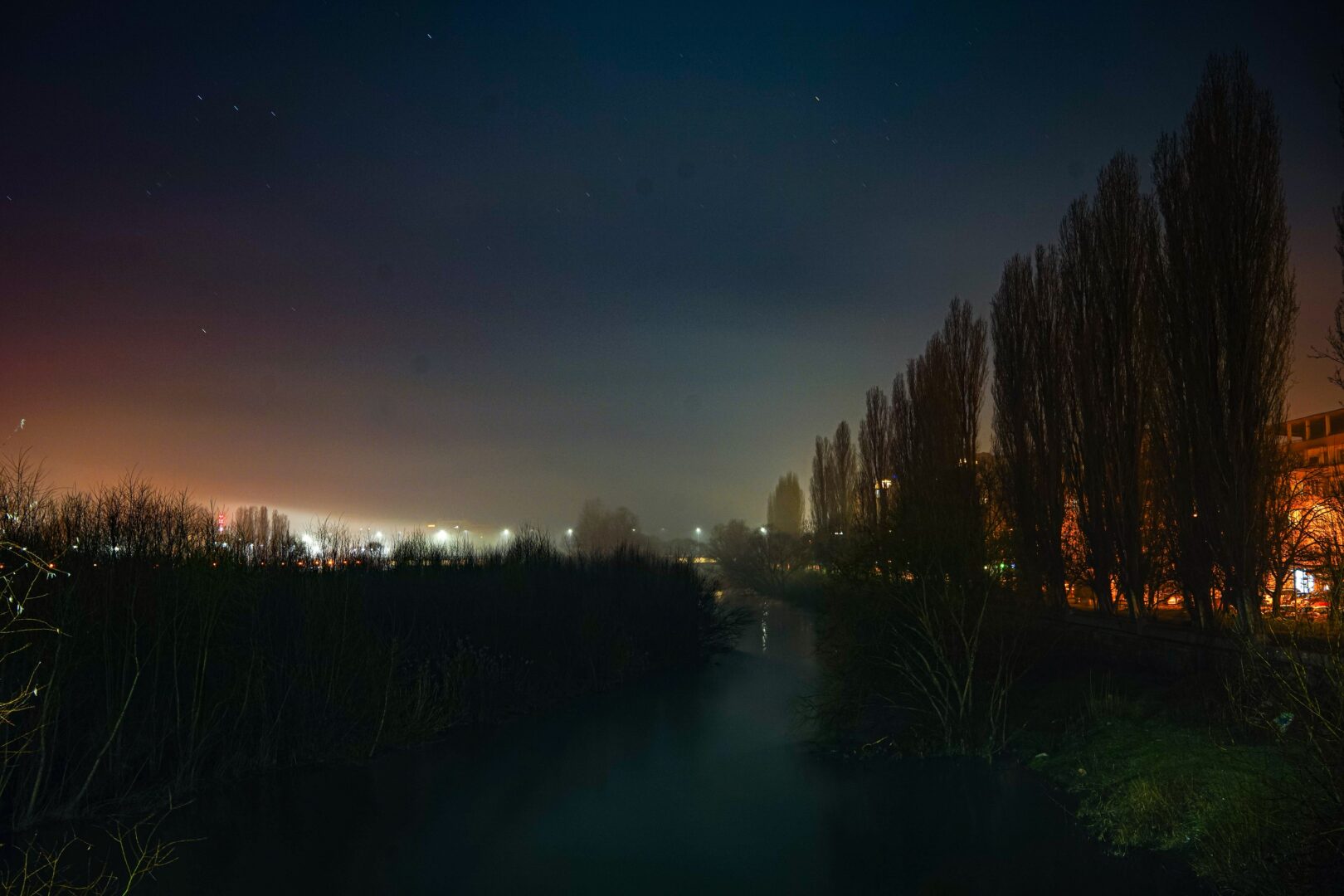
When I moved into an apartment by the Maritsa River in Plovdiv, I became fixated on the trees that lined it. They made me feel something, a seemingly unfounded melancholy. And I knew that one day I would use them for a story.
Because fiction is much stronger when the writing is specific, I knew that my story wouldn’t be any good if I didn’t know exactly what type of tree it was. A quick Google search confirmed it.
They were white poplars, shedding their cotton blossom like snow in spring, clogging the banks of the river. And then the following line came to me: The bending poplars, newly bare.
I’d read it somewhere before. It was from Keep the Aspidistra Flying by George Orwell, a novel I’d read more than a decade ago. But the line had clung to me like a leaf to a tree in endless spring.
‘SHARPLY the menacing wind sweeps over
The bending poplars, newly bare’
This underlines the importance of reading good literature, how it teaches solid principles that improve your writing. The specificity of Orwell’s line planted the image in my mind so deeply that I remembered it for years. Longevity is undoubtedly, therefore, a benefit of being specific in your writing.
Further than that, consider my downcast reaction to the poplars by my river; one could argue that Orwell’s line has defined the way I react to the sight of a poplar tree. Specific writing makes readers feel something. There’s no other reason that such a tree should inspire melancholy, but it did, and was Orwell to blame?
I did use the poplars in my story, complete with their out-of-place snow in spring, to reflect the out-of-place nature of my protagonist. And if my story works, it’s massively in debt to the specific writing within that scene.
It wouldn’t have been emotive to have had my protagonist look at some trees. And it wouldn’t have been good writing to have simply told the readers that she felt out of place. Instead, she was looking out to the white poplars that lined the river, seeing winter in spring.
